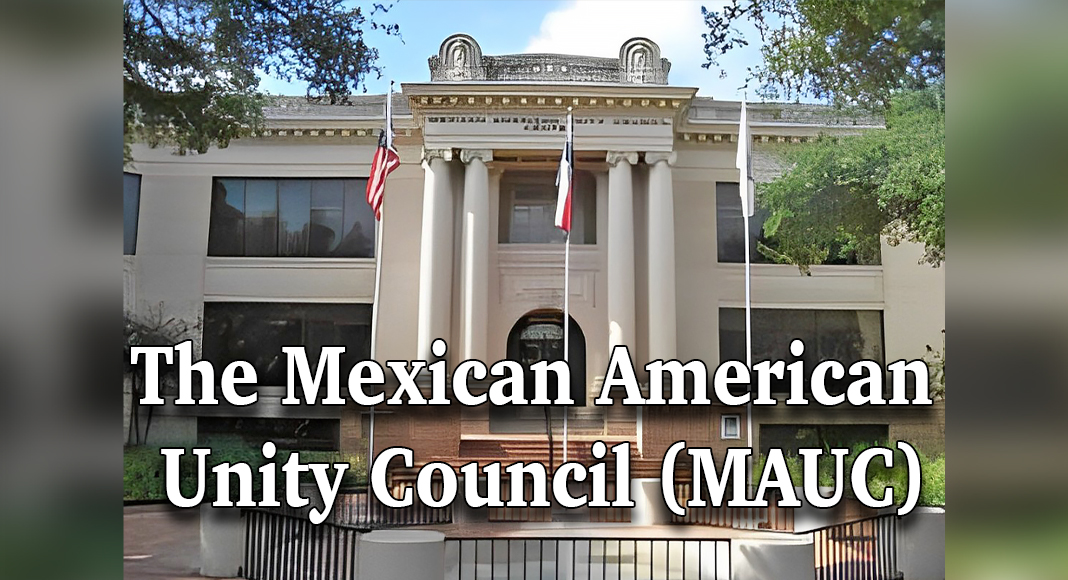Bussiness
The Mexican American Unity Council (MAUC)

Texas Border Business
By Zachary Foust, Handbook of Texas Online
Published by the Texas State Historical Association
The Mexican American Unity Council (MAUC), with offices in San Antonio, was incorporated in 1967 and is an economic development agency that provides funding for Mexican American communities and businesses in South Texas. José Ángel Gutiérrez and Willie Velásquez, founders of the Mexican American Youth Organization (MAYO) in the late 1960s, promoted the idea of MAUC as a way to secure grant money from the Ford Foundation to facilitate public information programs in San Antonio. Gutiérrez and Velásquez were primarily interested in bringing attention to serious socioeconomic conditions in Mexican American neighborhoods. The MAUC was chartered as a tax-exempt, nonprofit economic development corporation. In addition to Gutiérrez and Valásquez, the initial board of directors for MAUC included Charles Cottrell of St. Mary’s University; Bexar County commissioner Albert Peña, Jr; and community activists Mario Compeán and Juán Patlán. Over the years, MAUC grew beyond San Antonio to provide monetary support throughout South Texas and became a prominent economic development agency in the state.
A local affiliate of the Southwest Council of La Raza (now National Council of La Raza), MAUC emerged as part of the Mexican American struggle for social equality in Texas. Its founders had already devoted themselves to initiating voter registration drives and campaigns and to inform the public on important political issues, including educational reform. MAUC members, in particular MAUC executive director Willie Velásquez, were especially important in helping establish another important organization, the Southwest Voter Registration Education Project.
The MAUC originally assisted neighborhood associations to improve the quality of life for Mexican Americans. These efforts included helping young drug addicts and enhancing police protection. MAUC also addressed the issue of poverty and the need for funding small businesses and training workers for private sector occupations. The agency eventually purchased businesses and reinvigorated them with new managerial techniques. Its budget grew to more than $4 million by the early 1970s. Funds from the Mexican American Unity Council often subsidized the training of health paraprofessionals and social workers. In 1977 the MAUC Center, located in the old David Crockett Elementary School in San Antonio, was dedicated and has since housed community-based organizations and private businesses.
While providing economic stimulus for businesses in South Texas, MAUC helped finance the civil rights agenda of the Mexican American Youth Organization. Mini-grants were given to MAYO offices that in turn offered paid positions for MAYO organizers. Another initial grant was given to settlement house workers on strike in San Antonio. MAUC accordingly became a fixture of both economic development and political activism in South Texas.
Though the organization’s work in the 1960s and 1970s established a prominent legacy, MAUC has continued to serve South Texas into the twenty-first century. Key projects have included the MAUC Housing Center to provide services to address housing needs for low and moderate income families; the Nurturing Parent Program, which offers bilingual parenting classes; various senior aid programs; and educational and scholarship programs.











